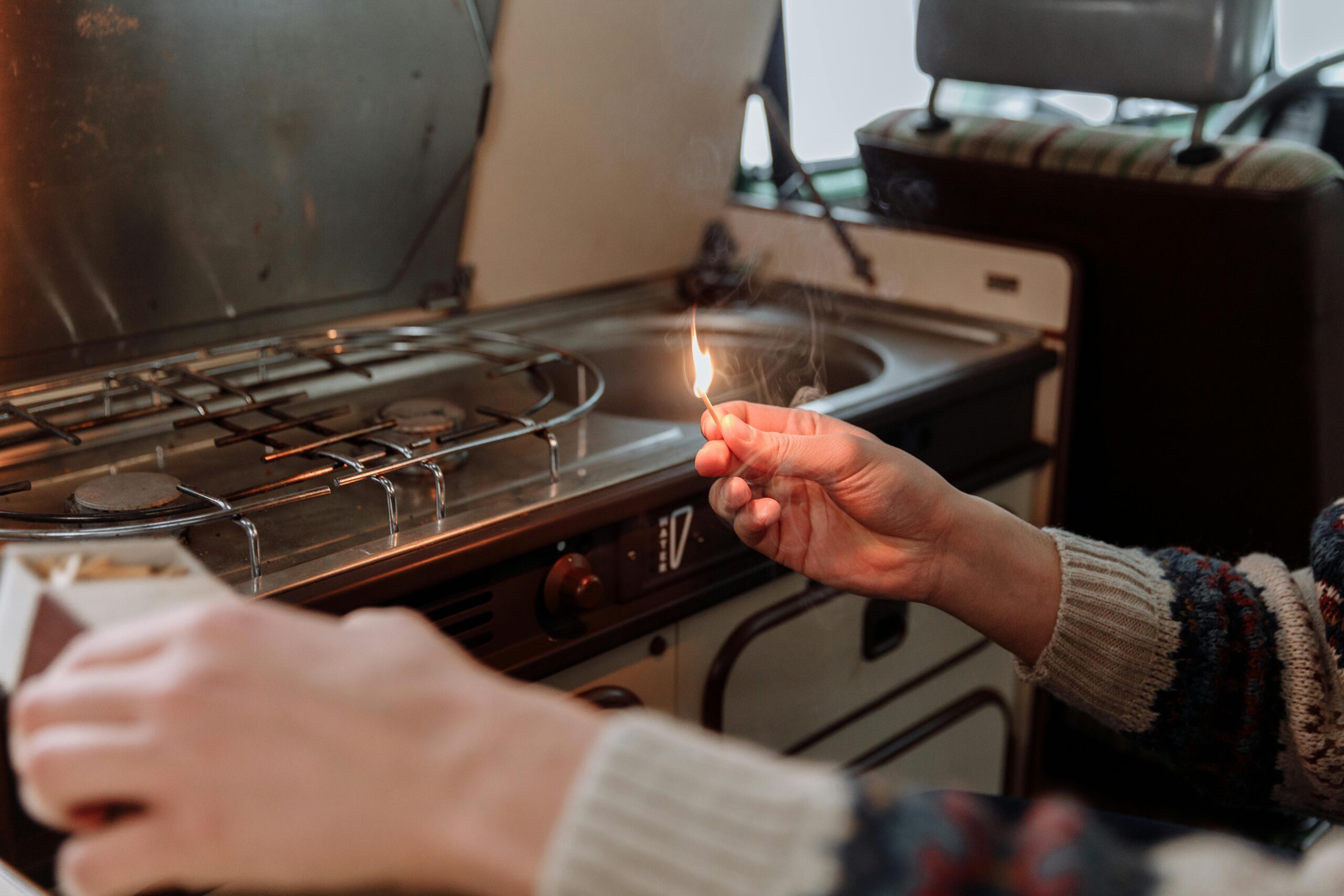Extreme weather, new building boom pose challenges for fire services - chiefs

Emergency Services Journal caught up with Adrian Kelly, CFO of Co. Clare and Secretary of the Chief Fire Officers’ Association at the organisation’s annual conference at Knockranny House Hotel in Westport, Co. Mayo to find out what the Irish fire services are currently working on at present and the challenges faced.
Firstly, he explains the idea behind hosting this annual conference and its value to providing solutions for challenges faced for the fire services both nationally and internationally.
“What we look at when we look at these conferences is we try and take on board local, national and international issues. It also gives an excellent opportunity for the trade to meet in a formal fashion and an informal fashion.
“The overall idea of the conference is, you have Chief Fire Officer’s all across the country, we’re all working in our counties doing what we can, we all have similar issues. The intention is to have an organised conference to discuss issues and try and come up with solutions where possible.”
International fire service professionals journey to Ireland for this event to share what works for their countries and what doesn’t work. Mr Kelly says from the CFOA Ireland’s point of view, technology will always move on but you’ll always have the issues of trying to get the public to understand and look after themselves.
A key issue the CFOA is analysing is the issue of retained fire services in Ireland. Essentially, retained firefighters are on call to provide emergency response for small towns and villages across the country.
“In Dublin, Galway, Cork, Waterford, primarily, you have full time firefighters, so they work shifts. They come in and then they go home and that’s it. When you leave the cities throughout the country you have then what is called retained firefighters.
“The Retained Fire Service is made up of stations with people who live and work within a mile and a half of the station, they’re on call. They’re payed an allowance to be available to be called. Nationally, the target is to get fire engines out within five minutes. What we expect people to do is to be on call, drop everything at a moment’s notice and come to the station and deal with whatever issue is there.”
Another concern the fire services are continuously working on are in light of extreme weather events like Hurricane Ophelia and Storm Emma. They are continuously working on emergency response to serious weather incidents.
The public and their expectations of response times to extreme weather conditions is a challenge. Educating the public and making them more aware of fire safety is essential.
“In regards to staffing and recruitment which is a big issue we’re looking at, in regards to capital, all our fleet, all our stations are funded centrally so we need to maintain funding on that. The Government need to make the decision that funding stream for the fire services is maintained and improved.”
Mr Kelly concluded with a further challenge that is facing the fire services in Ireland, the building trade. In the early 2000’s a building boom occurred and according to Mr Kelly we are now seeing the effects of poor building standards.
“We are now going back into a building boom again and part of our role is to ensure buildings are built correctly. We work with the Department of Housing, we work with the Building Standards section to try and maintain standards, to try and maintain regulations and ensure builders, owners, designers, developers all understand their role and responsibilities.”
You might also like
For relevant updates on Emergency Services news and events, subscribe to EmergencyServices.ie









